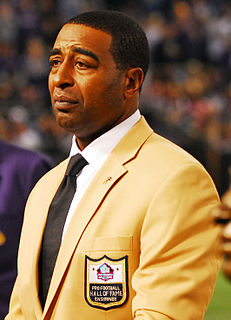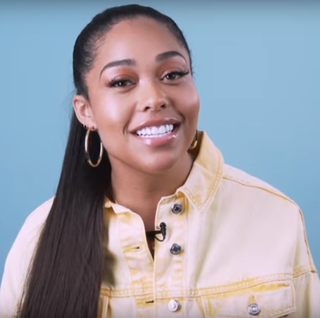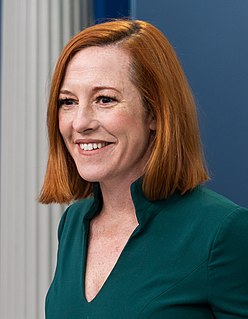A Quote by Emma Corrin
I think, these days when someone talks about their struggles of mental health, we are almost surprised by it. It comes as a revelation and we all really acknowledge it.
Related Quotes
Mental strength is not the same as mental health. Just like someone with diabetes could still be physically strong, someone with depression can still be mentally strong. Many people with mental health issues are incredibly mentally strong. Anyone can make choices to build mental strength, regardless of whether they have a mental health issue.
I think there's strength in being honest and open about yourself and your struggles. But it can also be a challenge. This is my life, I live with my own mental health, and that is happening to me every day. I can talk about it from a position of 'Oh, I've done this' but I'm still living that existence.
I think people will be surprised at some of the things about the shootings by policemen of unarmed African-American men. But I also think it's a balanced view. Balance has become almost a dirty word these days. It seems we're supposed to pick one side or the other. But these issues are extremely complicated. I think people will be surprised at some of that.
One of the issues I think is very important, in many communities of color, there's a stigma about mental health. We find that the shaming that comes from acknowledging that one may have some issues that may relate to mental health, often people are not willing to go and seek additional help because of that shaming or that cultural stigma that's associated with it. And I think that we need to make this change in how people approach mental health.




































